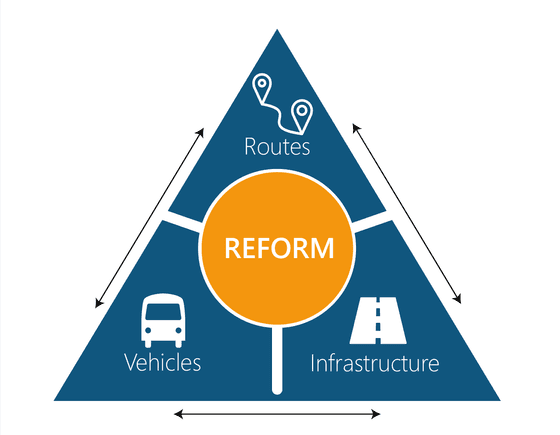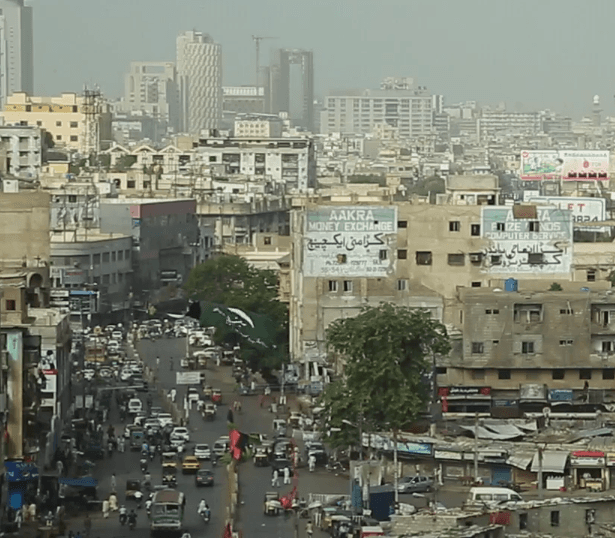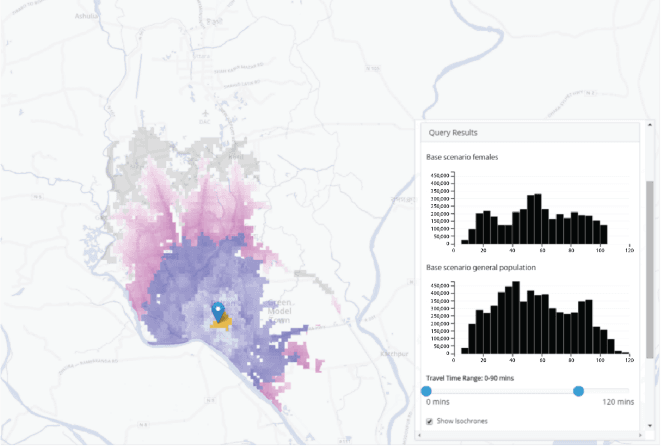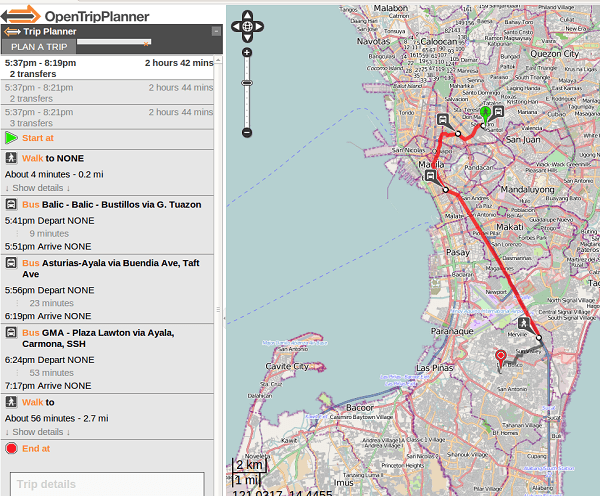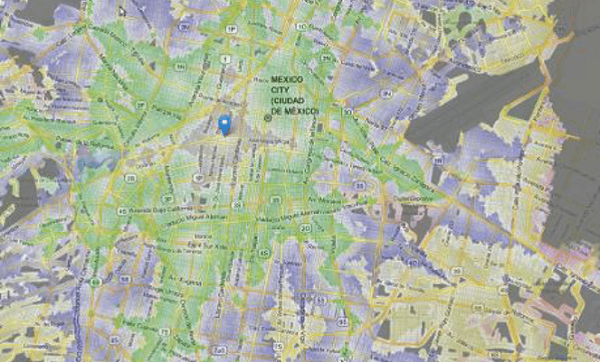Effective planning, procurement and regulation is critical to delivering people-centred public transport networks. Our harmonised approach to improving public transport networks in low- and high-income countries considers not only route network optimisation, fleet renewal and supporting infrastructure, but also the structure of the local authorities, institutions and organisations that manage the public transport networks and their vision for delivering future transport networks.

